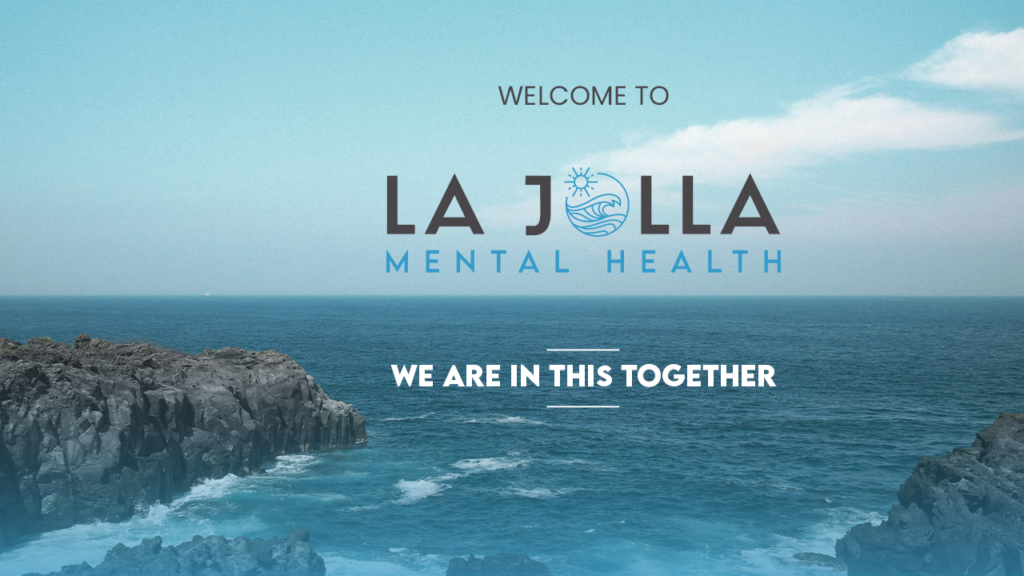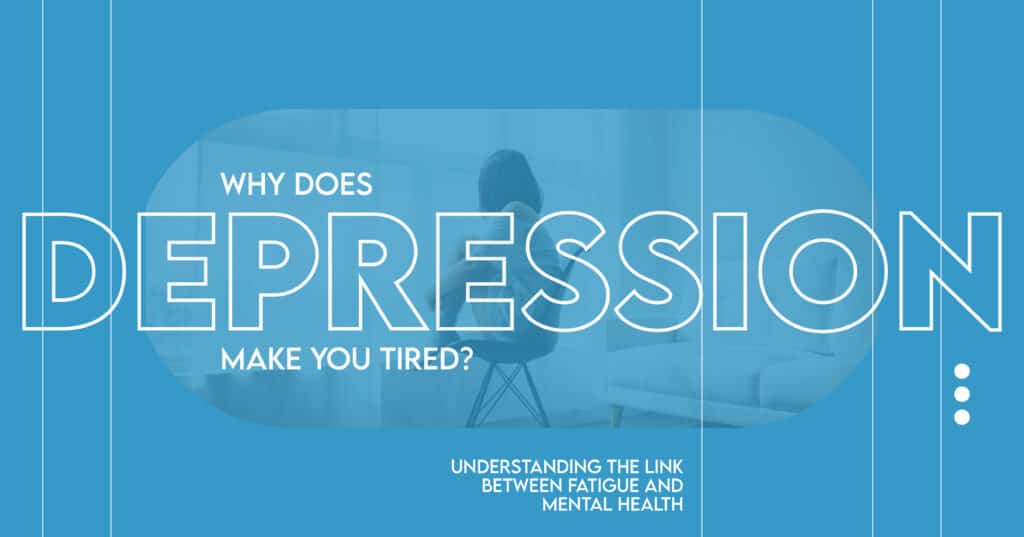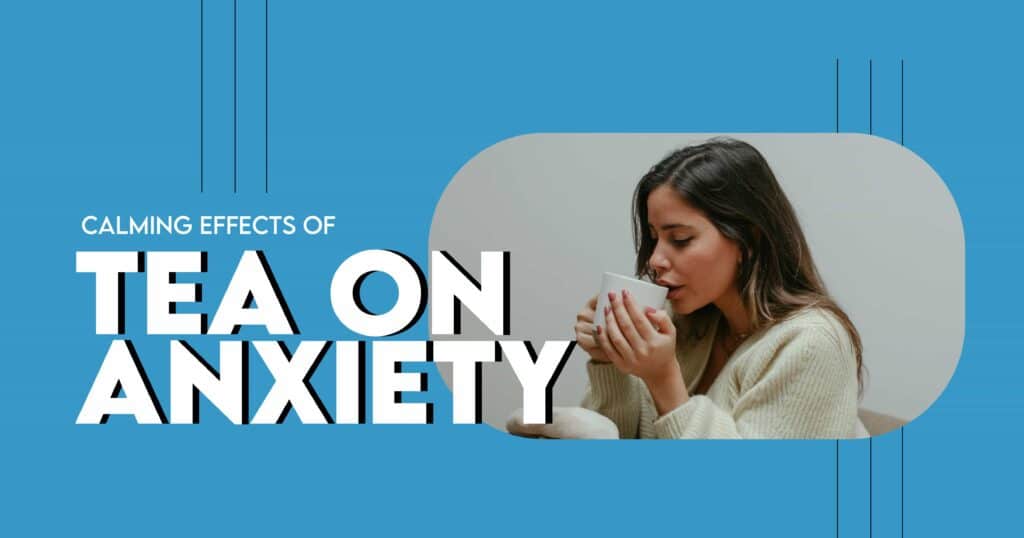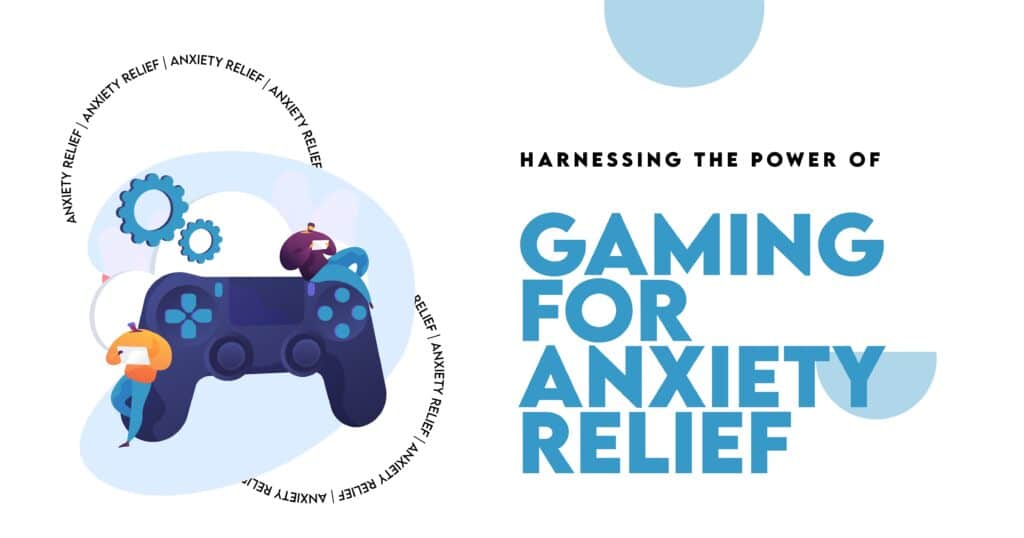Feeling exhausted even after a full night’s sleep? Struggling to get out of bed, despite having no physical illness? You’re not alone. Most people experience fatigue as a common depression symptom, yet they misunderstand its origins. Many people living with depression find themselves asking, “Why does depression make you tired?” – a question that highlights the deep and complex connection between mental health and energy levels.
The National Institute of Mental Health reported fatigue as a symptom of depression, which affects more than 90% of depression patients, thus becoming a major depression symptom. The real and legitimate experience of depression fatigue affects people repeatedly as a symptom that stems from brain chemistry shifts, emotional stress, and changes in everyday living patterns.
So, does depression make you tired all the time? Can depression make you sleepy even if you’re not doing much? In this article, we’ll explore the biological, psychological, and behavioral reasons behind this symptom, helping you understand why depression exhaustion is more than just being “lazy” or “burnt out.” If you’ve ever thought, “I’m so depressed, I can’t even move,” you’ll find answers, validation, and guidance right here.
The Connection Between Depression and Fatigue
Amongst all depression symptoms, fatigue that persists without apparent reason is among the most perplexing and annoying manifestations of the condition. The tiredness persists beyond normal sleepiness. The depression places your physical and mental state into an apparent time-warp with a force that pushes you downward. Numerous individuals realize this persistent tiredness while doing little as one of the main initial indicators of depression. How does the emotional impact of depression lead to body fatigue?
How Depression Alters Brain Chemistry
Neurotransmitters such as serotonin, dopamine, and norepinephrine become unbalanced when depression affects the chemical operations within the brain. The brain requires these chemicals to control energy production, motivation, pleasure functions, and alertness states. An imbalance of these fundamental chemicals produces more than sadness because it results in a complete slowdown of your entire body. A decline in dopamine amounts in the brain directly causes both exhaustion and declining motivation levels. The reduction of serotonin in your body causes depleted physical well-being, along with emotional numbness and extreme sleep-related difficulties.
Sleep Disruption and Energy Loss
Depression creates sleep disturbances that act as a major cause of fatigue. Sleep patterns change as a result of depression, which leads to both insomniac and excessively sleepy behaviors. Some individuals battle both sleeping and nighttime restlessness, while others get ten to twelve hours of sleep each day, yet feel just as fatigued upon waking up. People who experience either excessive or insufficient sleep end up suffering from similar brain and body restorative deficits.
Why Your Mind Affects Your Energy
Depression modifies brain connections that determine your energy levels while the brain serves as your primary source of energetic control. The chemicals serotonin and dopamine in your body lose power because depression causes them to decrease. Both chemicals function as fuel for your mood and energy control. Depression reduces your mood to more than just low feelings because your body feels completely drained, similar to post-marathon exhaustion without physical activity.
Poor sleep quality from depression creates two potential issues that exhaust your system by keeping you awake through the night or making you rest too long. Changes in eating habits from depression cause you to skip meals or overeat without a proper energy supply to your body. Elevated stress hormone activity generates cortisol that possesses leaky battery characteristics which lead to continuous depletion of energy resources.
Does Depression Make You Tired? The Science Explained
You truly experience exhaustion due to depression, and the tiredness is not imagined. The extreme tiredness stems from biological and neurological processes. Short-term and long-term depressive states cause bodily and mental stress alongside an imbalance that results in substantial fatigue. This is why depression fatigue feels so different from regular tiredness – it’s more intense, more persistent, and less responsive to rest.
Hormones, Brain Chemistry, and Sleep Disturbances
Understanding the source of depression-induced tiredness requires analyzing brain and body functions during a depressive state. These are the three main reasons behind depression-related fatigue.
| Factor | How It Contributes to Fatigue | Key Takeaway |
| Hormonal Imbalance | Depression often disrupts cortisol levels, your body’s stress hormone, leading to burnout. | Chronic stress from depression drains energy reserves and worsens exhaustion. |
| Brain Chemistry Changes | Low levels of serotonin, dopamine, and norepinephrine impact mood, motivation, and alertness. | These chemical imbalances reduce energy and contribute to mental and physical fatigue. |
| Sleep Disturbances | Depression can cause insomnia or hypersomnia (sleeping too much), both of which cause fatigue. | Poor sleep quality disrupts the body’s ability to recharge, fueling exhaustion. |
Common Symptoms: From “I’m So Depressed” to Sleeping All Day
The signs of depression exceed usual sadness when a person lives with this mental health condition. Several determined symptoms exist when fatigue occurs due to depression, including:
- A person feels persistent fatigue even when they get enough restful sleep
- People can experience sleeping disorders.
- People with anhedonia lose their previous enjoyment in activities they previously loved.
- Physical sluggishness (slow movement or speech)
- Feelings of hopelessness, numbness, or emptiness
- Irritability, restlessness, or emotional overload
- Difficulty completing everyday tasks
- Increased need to isolate or withdraw from others
Identifying Emotional and Physical Exhaustion
Here’s a comparison to help understand how emotional exhaustion differs from (and relates to) physical exhaustion in the context of depression:
| Aspect | Physical Exhaustion | Emotional Exhaustion |
| Definition | A state of extreme physical tiredness, even after rest | Feeling emotionally drained, overwhelmed, or numb |
| Common Signs | Slowed movement, low energy, fatigue, and oversleeping | Irritability, hopelessness, disconnection, loss of motivation |
| The cause of Depression | Brain chemistry imbalance, disrupted sleep, and hormonal fatigue | Emotional overload, chronic stress, lack of support, or stimulation |
| Impact on Daily Life | Struggles with physical tasks (e.g., getting out of bed) | Loss of enthusiasm or willpower to engage in life or relationships |
| Relief Methods | Rest, exercise, nutrition, and sleep therapy | Therapy, mindfulness, journaling, and emotional support |
Is Fatigue a Sign of Depression or Something Else?
Fatigue stands out as a main depression symptom, yet it develops from numerous physical and mental health problems. Continuing fatigue requires investigation to determine depression fatigue from potential causes, including anemia and thyroid problems, chronic fatigue syndrome, as well as sleep hygiene issues. Depression typically presents itself by using fatigue as an initial symptom, but extends further when sad feelings, loss of motivation, or sleep difficulties appear.
So, does depression make you tired? Absolutely. You should get in touch with a healthcare provider to identify the source of your exhaustion when you cannot determine its mental, emotional, or physical nature. Depression-related fatigue continues to bother patients throughout their day since it thwarts both internal drive and external emotional response and daily operational abilities.
How to Manage Depression Exhaustion Naturally and Medically
People who suffer from depression exhaustion face challenges similar to climbing a mountain without energy until they receive either natural or medical support.
Natural Ways to Manage Fatigue:
- The practice helps people eliminate mental confusion while reducing emotional turbulence to achieve reduced mental fog.
- Going for short walks or performing basic yoga allows you to enhance your endorphin production and gain energy.
- Establish a routine dealing with screens before bed while keeping your sleep hours regular and developing peaceful habits before sleeping.
- Consuming food combinations with protein and healthy fats leads to persistent energy.
- Track patterns in your energy levels and emotional shifts to better understand triggers.
- Sunlight provides essential vitamin D to the body and keeps our sleep-wake patterns steady along with enhancing our mood regulation.
Medical and Professional Support Options:
- Medication may help regulate brain chemistry and improve both mood and energy levels.
- Effective in addressing emotional fatigue and teaching coping skills.
- Connecting with others who understand can ease emotional exhaustion and isolation.
When to Seek Help for Depression-Related Fatigue
Regular tiredness occurs occasionally, but extended weariness that dominates your life and disrupts daily functioning suggests that an underlining health issue exists. You should think about depression as the possible cause if your sleep habits extend through the whole day, and you avoid work or feel no relief despite trying to rest. Your mood should be cause for concern if you no longer enjoy your previous hobbies while pulling away from social relationships, while feeling helpless about your exhaustion.
These particular days are warning signals that suggest your mental health requires evaluation.
Don’t Face It Alone – Contact La Jolla Mental Health Today
The initial step toward finding answers occurs when you express to yourself that you cannot continue this way due to extreme fatigue. La Jolla Mental Health provides evidence-based care that serves your individual needs through a compassionate approach. At La Jolla Mental Health, we provide steady support to individuals who are fatigued from depression or require help with energy management or need a listening ear. Your confidential meeting at La Jolla Mental Health can be scheduled through immediate contact.
FAQs
Why does depression make you feel so physically tired?
Academic pressures trigger depressive symptoms because depression alters the brain chemicals serotonin and dopamine, which manage mood and energy levels and drive. The disrupted sleep patterns combined with elevated cortisol enable physical exhaustion to develop.
Is sleeping all day a common symptom of depression?
The combination of depression with low energy and motivation leads to frequent oversleeping as a symptom. When emotional distress becomes overwhelming, people may develop this circumstantial sleep pattern or try to bypass their ongoing mood downswing.
How can I tell if my fatigue is due to depression or another issue?
The combination of fatigue and any depressive symptoms, indicating sadness, loss of interest, irritability, or hopeless feelings, leads to the potential diagnosis of depression. A professional examination should determine medical factors such as thyroid conditions and anemia because it is essential to eliminate these possibilities.
What are some ways to cope with depression-related exhaustion?
These conditions help, along with physical activity at moderate levels, mindfulness techniques, proper sleep schedules, and continued ties to supportive relationships. The development of sustainable energy management strategies requires therapy in addition to professional guidance.
Can therapy or medication reduce fatigue caused by depression?
Brain chemistry regulation, emotional strain reduction, and enhanced energy levels are achievable outcomes through therapy sessions as well as medication treatment. Medical intervention usually leads people to report significant improvements in their feelings of fatigue.








